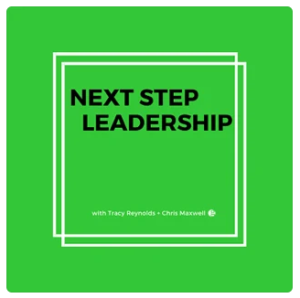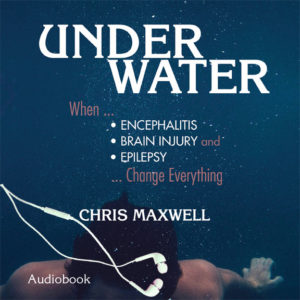This is an excerpt from Chris’ book, Underwater. Visit HERE to purchase your copy of Underwater.
People with epilepsy aren’t the only ones in this story.
Think of the caregivers. Think of those in the medical and psychological fields. Think of neighbors and employers and teachers.
It’s not easy being us. But it’s also not always easy being with us.

Maybe we can’t totally change that.
As those living with epilepsy and other health issues, we can remember those around us as we move toward our own recovery.
Though some executives display little compassion, and the horror stories anger me, not all businesses are rude to those employees with brain damage. Coworkers and leaders struggle struggle to adjust. They don’t always know what to do. Teachers try to adjust, but their schedules and requirements make it tough. Coaches and politicians and news reporters: We all need to engage in conversations. We all need to learn.
That’s why information and guidance is helpful for all of us. That’s why it is also helpful to hear from those who give and give and give and give their care. Some give until they have very little left.
Underwater, for the patients and the caregivers, is dangerous. It brings bites and attacks and deep wounds. Underwater, for the patients and the caregivers, can also provide an adventure. To pursue common enjoyment, to engage in simple dialogue each person can understand, to smile, to cry, to learn.
I’ll write more about caregivers in chapter 16. For now, I’ll repeat myself as those of us with brain damage often do.
Get help.
Find someone to talk to.
Not just anyone, but the right person.
For patients and caregivers, the correct listening ears can help identify an underwater experience and offer guidance toward future phases of the journey.









